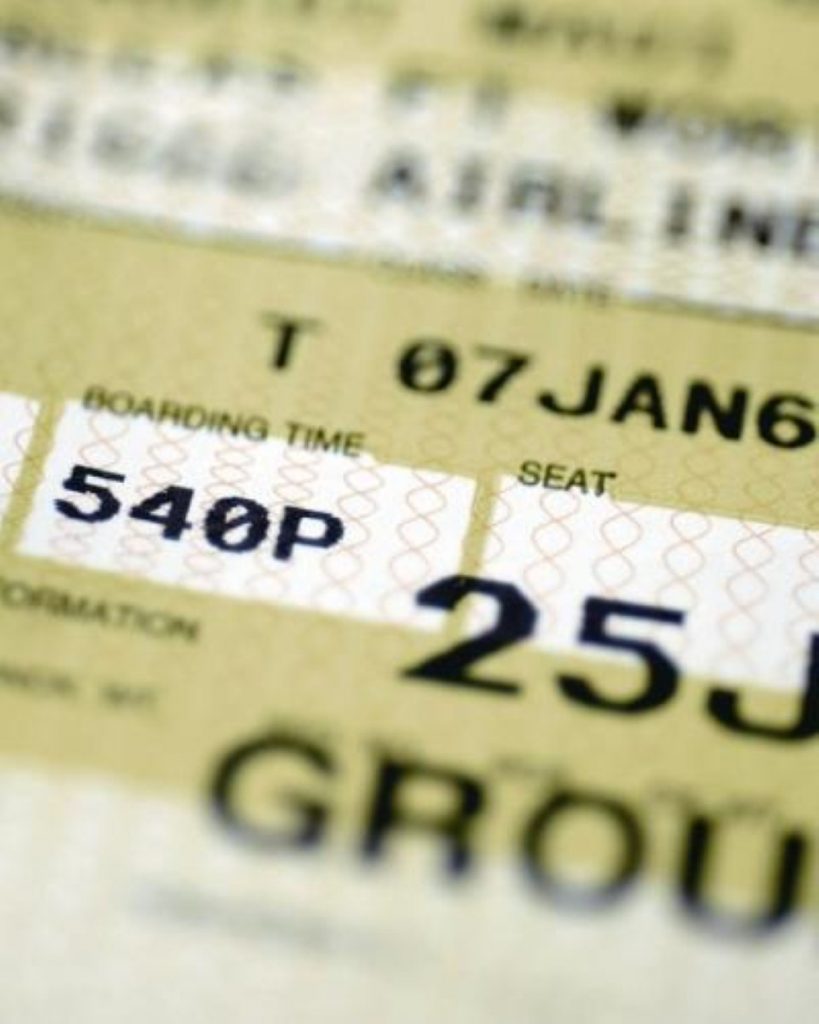Government moots personal carbon allowance
Individuals would be given a personal allowance on how many carbon emissions they could produce, under new plans being considered by the government.
The plans, a consumer version of the emissions trading scheme (ETS) already imposed on businesses across Europe, would see each person given a carbon allowance, which would be used when buying petrol or taking flights abroad.
They are being considered by ministers consulting on how best to bring individuals into a national effort to cut the emissions of greenhouse gases and tackle climate change, following the publication of the government’s energy review last week.
“Imagine a country where carbon becomes a new currency. We carry bank cards that store both pounds and carbon points. When we buy electricity, gas and fuel, we use our carbon points, as well as pounds,” said environment secretary David Miliband.


“To help reduce carbon emissions, the government would set limits on the amount of carbon that could be used.
“People on low incomes are likely to benefit as they will be able to sell their excess allowances. People on higher incomes tend to have higher carbon emissions due to higher car ownership and usage, air travel and tourism, and larger homes.”
The Conservatives have said a system of carbon pricing, where products with low carbon emissions cost less, has to be part of efforts to tackle climate change, while the Liberal Democrats have called for the climate change levy to be extended to households.
But today Mr Miliband insisted the a tradeable personal carbon allowance was “more empowering than many forms of regulation”, as it allowed citizens to make trade-offs rather than banning them from certain activities or goods, or taxing them heavily.
“It is also empowering because many citizens want to be able to do their bit for the environment and tackle climate change, but there is no measurable way of guiding their decisions,” he said.
The proposals will form part of a joint study between the Treasury and departments for local government, the environment and trade and industry, looking at the role of “community level” approaches to mobilising individuals to tackle climate change.









